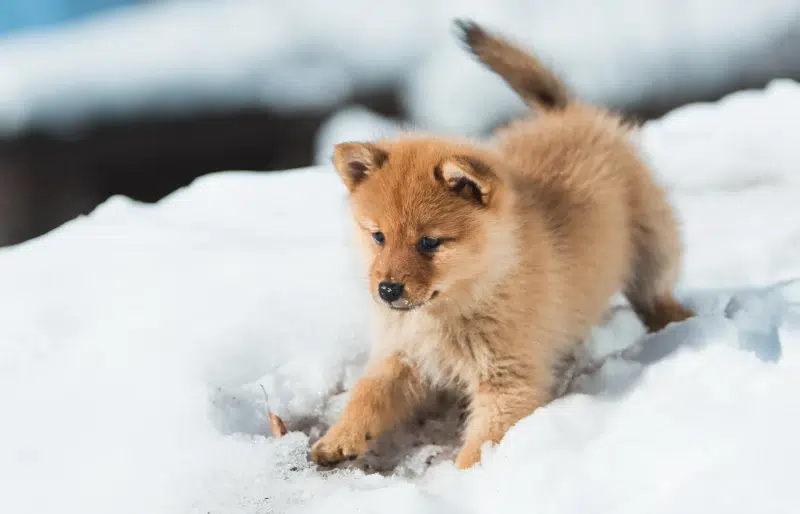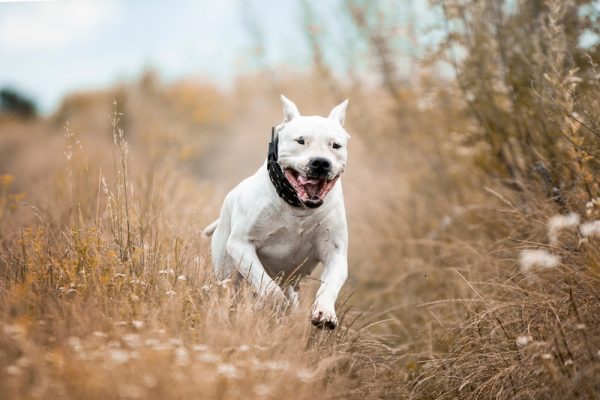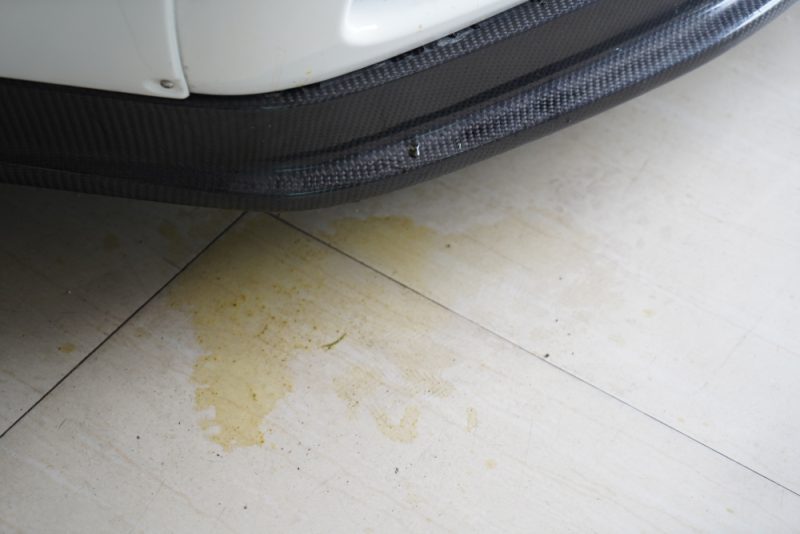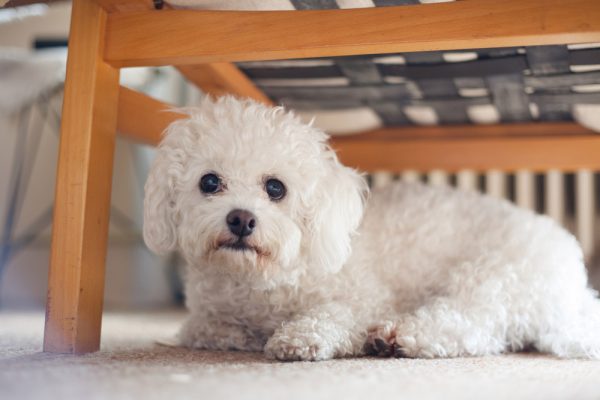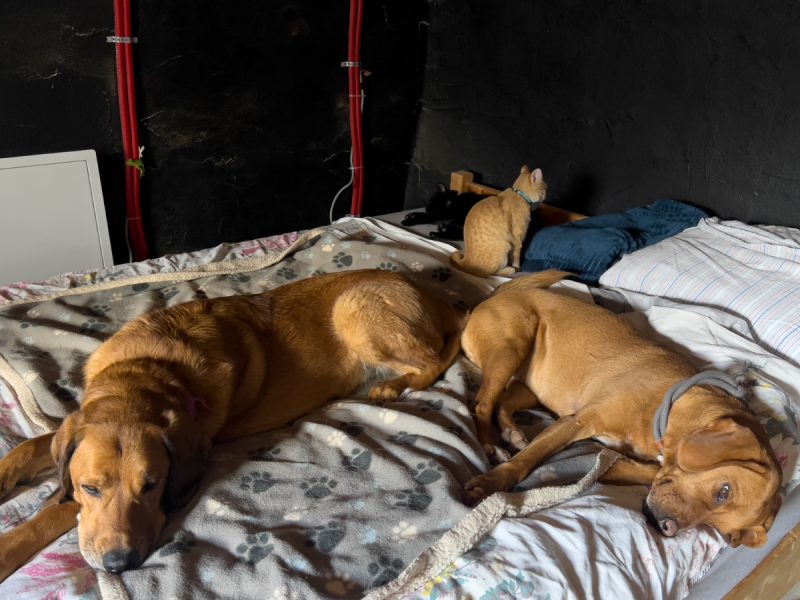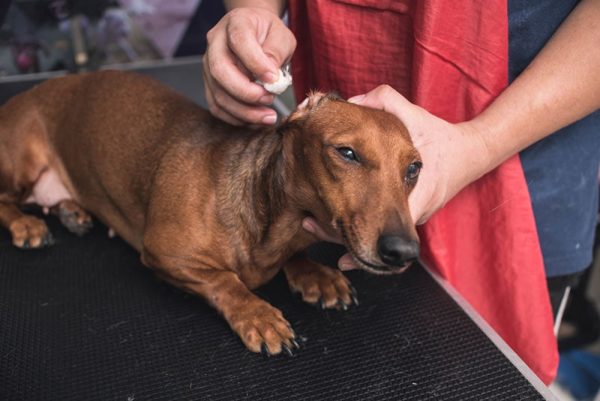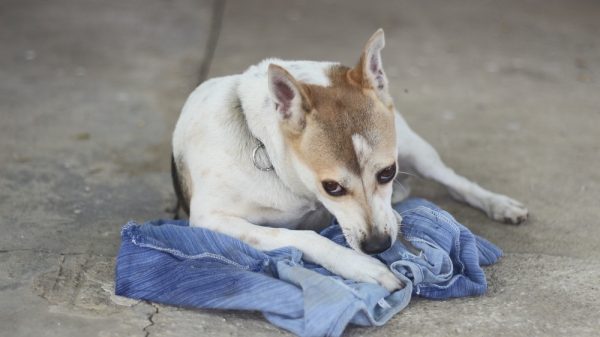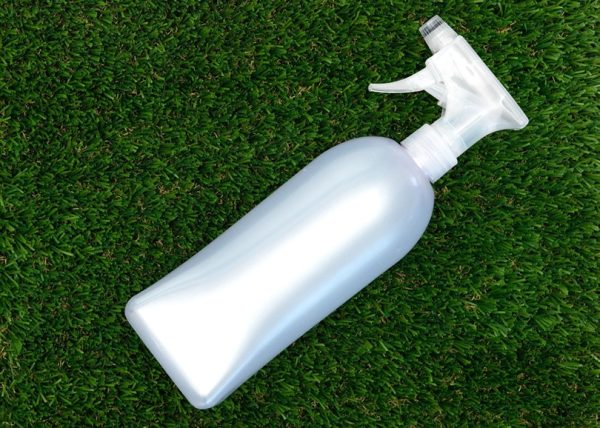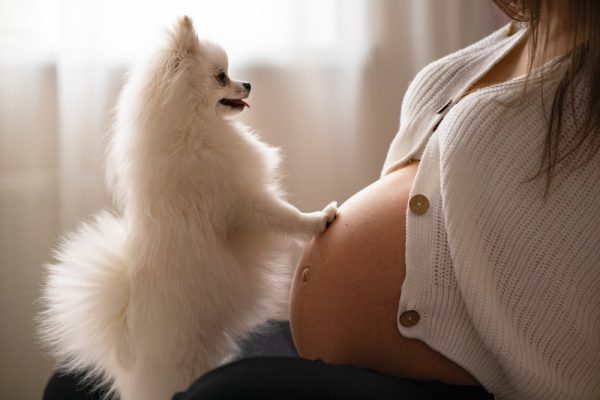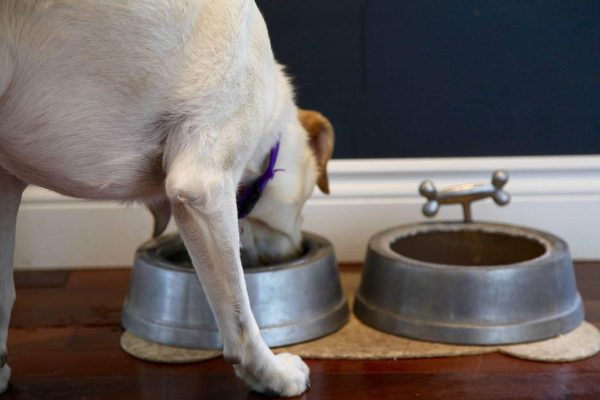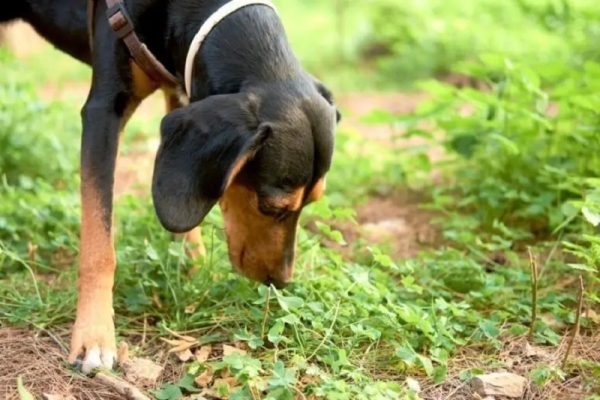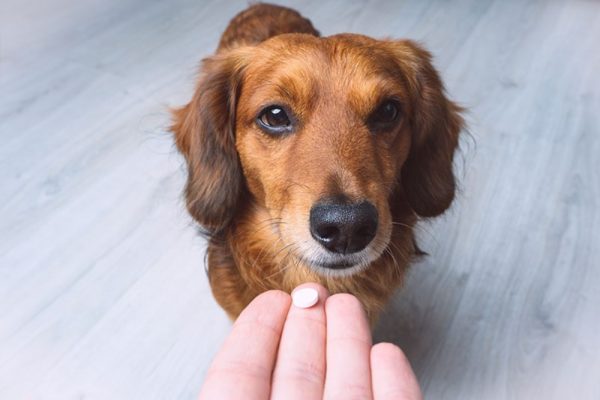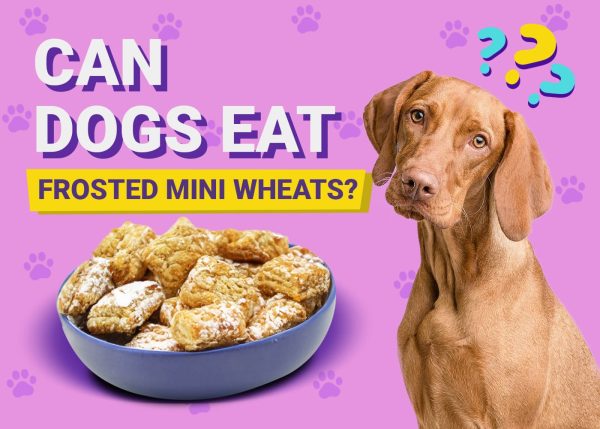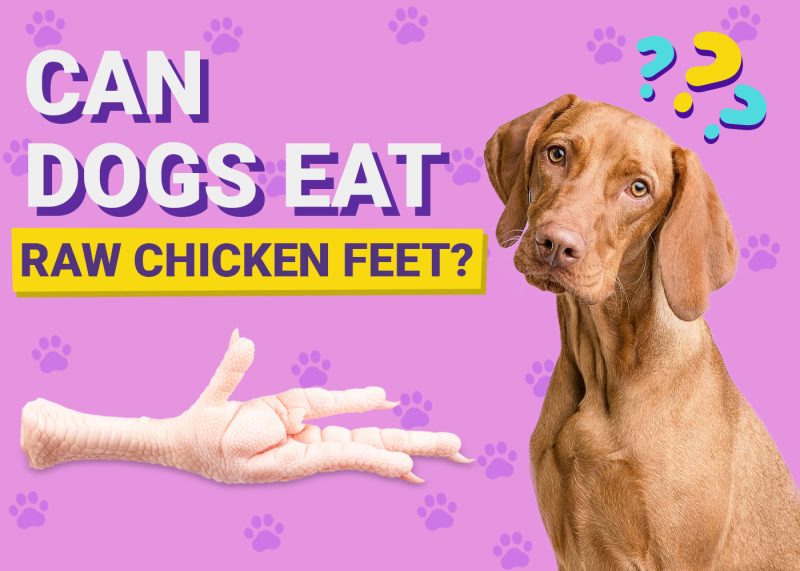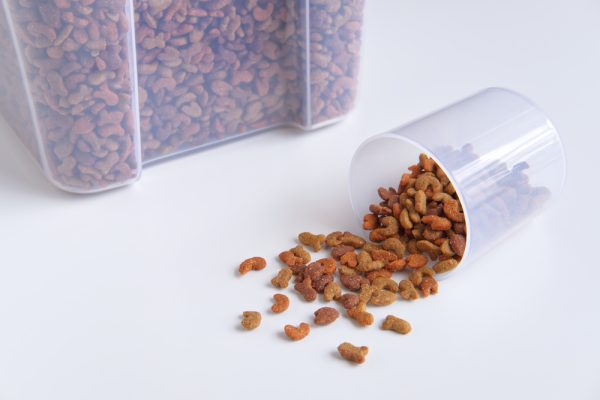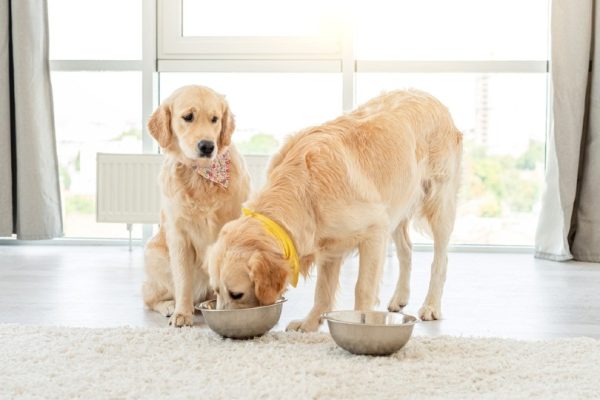In this article
View 2 More +If your dog has recently eaten some wintery marshmallow fluff, you don’t need to worry. Dogs have known for a long time that snow satisfies thirst and feels good on the tongue. Eating snow is typically not a concern, as long as your dog has fresh water on hand, but there are situations when it can be a problem.

Why Do Dogs Eat Snow?
Dogs often eat snow because it’s hydrating and the texture and temperature feels nice on their tongue. Snow is fun, after all! Don’t you remember catching snowflakes on your tongue when you were a kid? Dogs used to colder climates may even prefer eating snow to drinking water since their ancestors ate snow to stay hydrated.
It is possible, however, for a dog to eat snow as a coping mechanism. For example, dehydrated dogs with frozen water bowls would definitely eat snow as an alternative, or dogs with Cushing’s disease may try to eat snow obsessively to appease their increased appetite and thirst.
Each dog has its reasons, but typically, these reasons are safe as long as the snow is clean, your dog is healthy and hydrated, and it is only done in moderation.
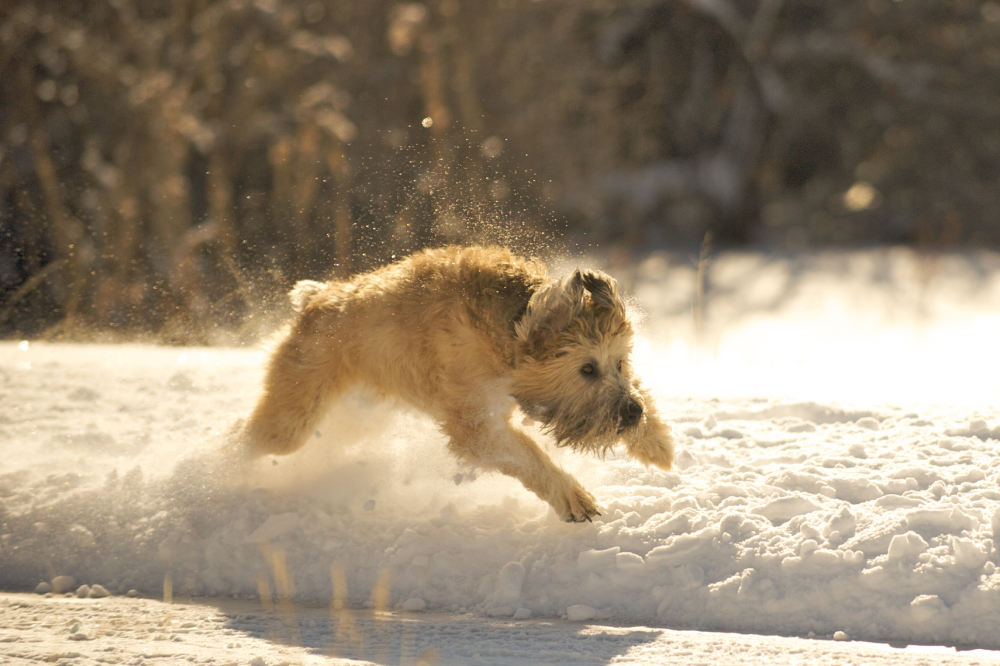
Is It Safe for Dogs to Eat Snow?
The phrase “don’t eat the yellow snow” is the perfect cautionary tale, but dogs don’t seem to care. Still, it’s important to stay vigilant. Snow can contain ice melt, antifreeze, and other harmful house chemicals, so be alert when your dog starts licking the snow in public places and near busy streets.
Too much snow will eventually cool down your dog’s internal body temperature. Without proper shelter and fresh water, you can put your dog at risk for hypothermia. Additionally, your dog can bite down on a rock or stick when they scoop up some snow with their tongue, depending on how deep the snow is.
Ultimately, as long as the snow is clean and your dog doesn’t eat too much, neither one of you should have anything to worry about. However, if this seems to become an increasing behavior, it’s best to get them checked out by your vet.
If you need to speak with a vet but can't get to one, head over to PangoVet. It's our online service where you can talk to a vet online and get the advice you need for your pet — all at an affordable price!

Preventing Your Dog From Eating Snow
You probably won’t be able to prevent your dog from eating any snow, but a few tricks to keep your dog from eating too much of the fluffy goodness include:
- Make sure your dog has plenty of fresh water (use a heated dog bowl if needed).
- If your dog has a medical condition, ensure it’s being treated.
- Use a leash on your walks.
- Teach your dog the “leave it” command.
- Use dog booties to prevent paw licking when you return from walks.
- Avoid puddles on your walks, as these typically contain lots of chemicals and other dangerous things.
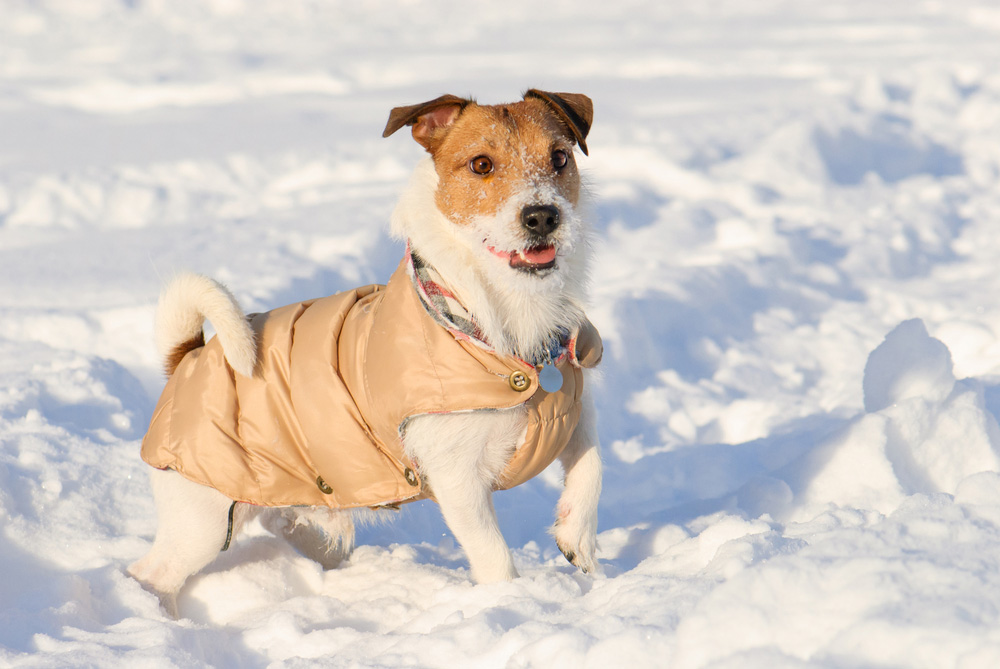

Conclusion
Eating snow is typical dog behavior, so it’s nothing to be concerned about as long as it’s only once in a while and they’re eating clean snow. If you feel your dog is eating too much snow, it may warrant a trip to the vet to see if your dog is feeling okay. But as long as there’s fresh water and clean snow and your dog isn’t showing any negative signs after consumption, a few licks of the fluffy white stuff is usually no big deal.
Featured Image Credit: Sami Takarautio, Shutterstock
